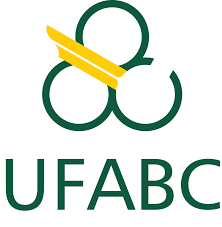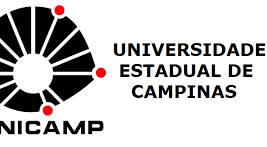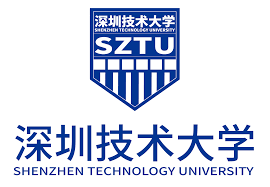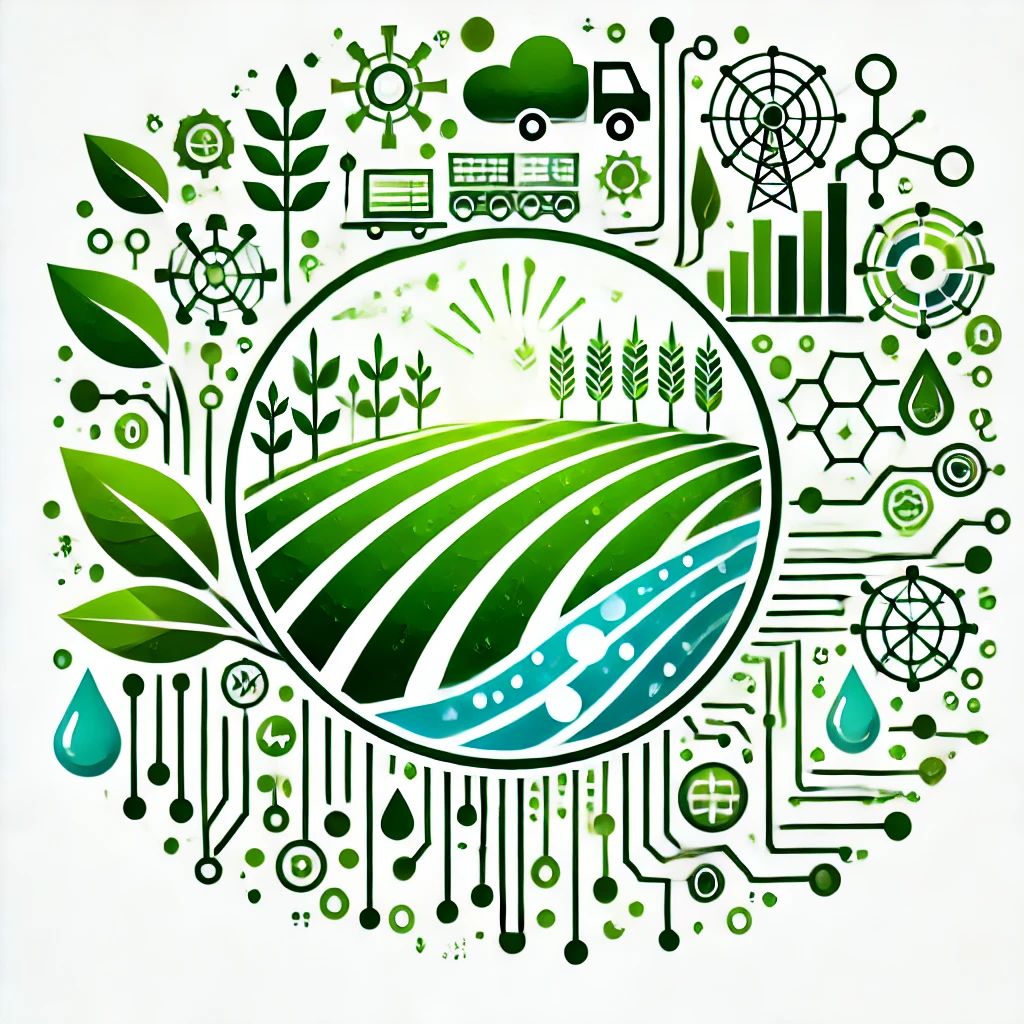
SUSTAINABLE MANAGEMENT OF AGRICULTURE WITH THE INTELLIGENT COMPUTING CONTINUUM
Food security remains a significant global concern, particularly in large countries like Brazil and China. Modern agriculture faces the dual challenge of increasing crop productivity while ensuring environmental sustainability amid climate change.
Precise and smart agriculture management is crucial, leveraging technologies like IoT, 5G/6G, and Artificial Intelligence to enhance decision-making, reduce resource usage, and minimize environmental impact. Innovative agriculture applications generate vast amounts of data from IoT sensors and remote sensing. However, the distributed nature of real-world infrastructures complicates data management. This is where the IoT Computing Continuum, which includes sensors, edge computing nodes, and cloud datacenters, comes into play. It handles the end-to-end data flow, a complex task that requires innovative solutions. Yet, ensuring a reliable dataflow for ophisticated models that enhance precision, food security, and environmental protection remains challenging. The SMART project aims to develop and deploy trustworthy platforms across the IoT computing continuum, from field sensors to the cloud. It will utilize various sensors, data sources, networking technologies, data
management, and machine learning to ensure reliable dataflow and trustworthiness. The project will be piloted in Brazil and China, focusing on coffee and wheat crops. It will emphasize smart irrigation and fertilization to reduce water and fertilizer usage. This approach aims to contribute to sustainability goals and address the challenges of climate change.
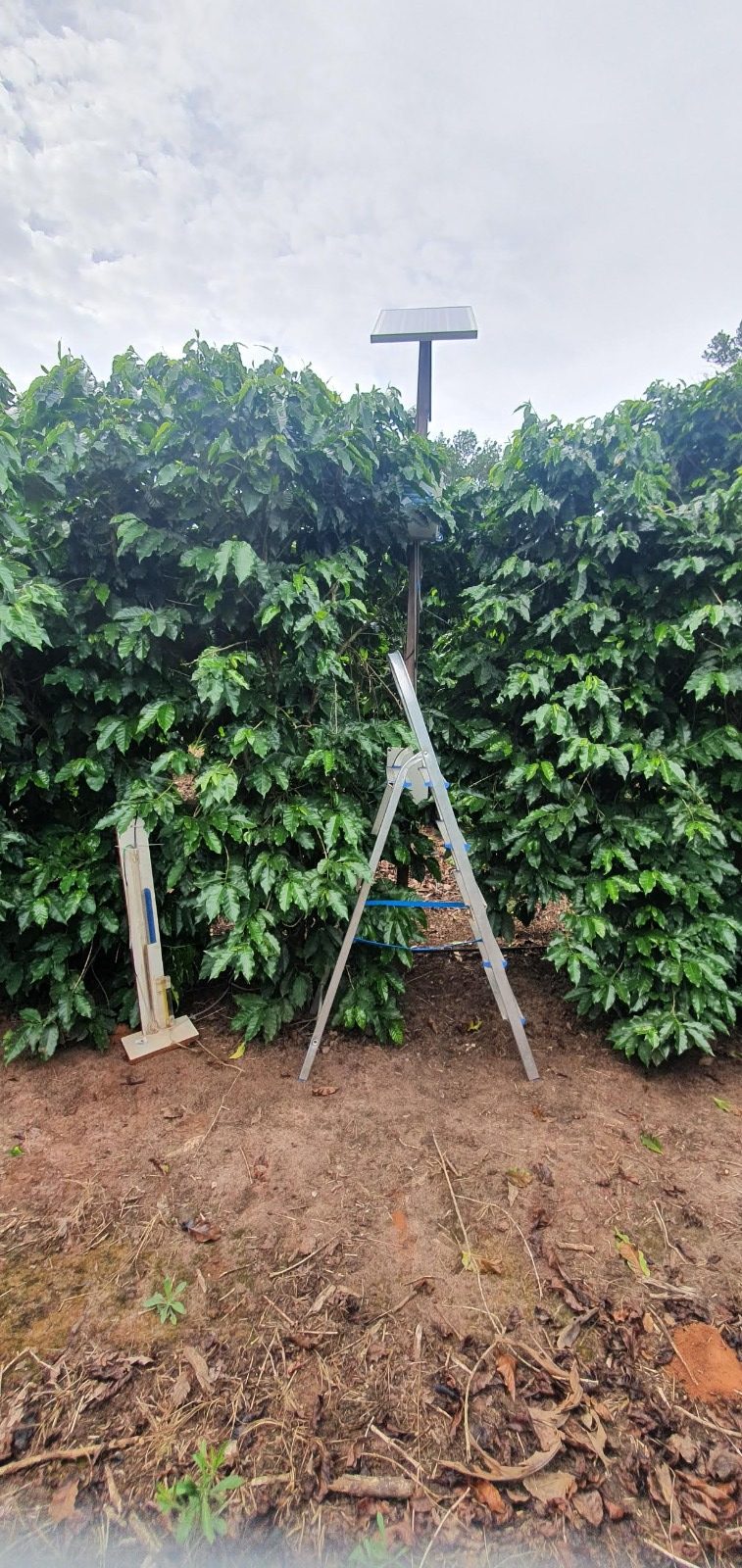
Objectives
The SMART project leverages IoT, edge computing, and AI to enhance agricultural decision-making, optimize resource usage, and minimize environmental impact. By integrating sensors, drones, and cloud computing, we enable sustainable and efficient farming.
Proposed Solutions
The SMART project is committed to developing a highly compatible and reliable computing continuum perception integrated technology for application and deployment in the agricultural field. This technology integrates a variety of equipment, such as high altitude satellites, low-altitude drones, and surface information collection sensors. It combines edge computing technology to build an efficient multilevel data collection and processing system.

Partners
